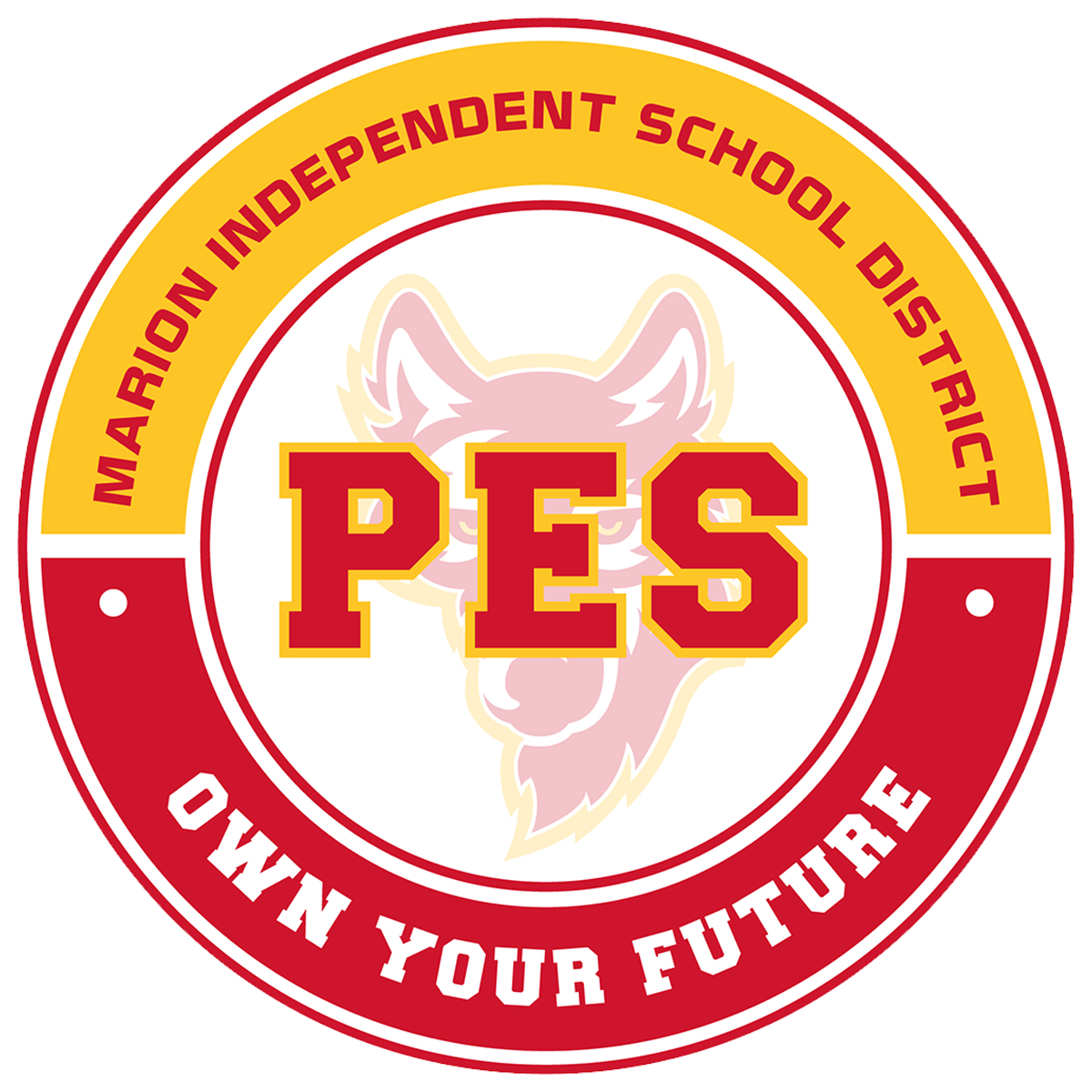PBIS is a system that is used at Starry Elementary to incorporate and encourage safety and appropriate behavior. The acronym stands for Positive Behavioral Interventions and Supports. A team of teachers, AEA staff, administrators, and parent representatives work together to put systems in place to teach expected behaviors, reward positive behavior, and reteach behaviors when students are struggling. The premise of PBIS is prevention, not punishment; and there are four main components that are used throughout MISD that are referred to as the Marion Way. They are : Respect, Responsibility, Safety, and Integrity.
Teaching Expected Behaviors
Just as with any academic subject, positive behavior needs to be taught, especially in early childhood. At the beginning of the year, each classroom is explicitly taught expectations in all areas of the school such as the lunchroom, playground, hallways, bathrooms, and classrooms. Using visuals and matrices, students will continue to practice and be retaught these expectations throughout the school year. There are posters throughout the school that are used as tools to remind and reteach students as needed.





These are examples of posters hanging in the hallway at Starry to reteach expectations.
Rewarding Positive Behavior
At Starry, rewarding positive behavior is done in a few different ways. First, for individual student incentives, we use an online program called Class Dojo. This program uses avatars to represent each student in the class. When a student is following the Marion Way, students may receive “dojo points”. In our system, students earn 5 points at a time.

This is an example of what students and teachers see to monitor how many dojo points each student and class has.
At the end of each week, students are able to use their points like money to “buy” things from their Class Dojo Store. These might be prizes from a prize box, the opportunity to be a class helper, sit in the teacher's chair, or many other things that vary by class.

This student "shops" his class dojo store to spend his points on something special.
Next, within Class Dojo, each class also has an avatar representing whole class points. This is how the entire class can work to earn a class-wide reward. When the entire class is following expectations, they will earn 5 points at a time, towards their class goal. When the class earns their goal, they might vote on a class “party” such as pajama day, hat day, electronic day, or many other ideas.

Miss Westen's 2nd grade class is celebrating earning a class party as part of their class-wide goal.
Finally, there is also a school-wide incentive. To earn this, each class has to hit their class goals; and when they do, classes will add something to a creative puzzle or picture located in the lunchroom so students can watch their progress towards the school-wide reward. Sometimes, the school-wide reward is a fun surprise.



These are examples we have used to keep the school-wide reward a fun mystery for students.
Reteaching Behaviors
As with academic subjects, some students may struggle with expectations. When this happens, students will be retaught expectations for the areas in which they are struggling. If students are still struggling with following expectations, they may be moved to an intervention to help them focus and receive positive feedback more frequently. We refer to these interventions as Tier 2 interventions and they include Check In Check Out (CICO) or Social Academic Instructional Groups (SAIG). Each intervention is different, but the team will work together to look at data and decide which intervention is right for that student.

If after these interventions occur and the student may be continuing to struggle, the team may then work together to write a more individualized plan, referred to as a Behavior Intervention Plan (BIP). We refer to this intervention as a Tier 3 plan. This type of plan uses student abilities, interests, strengths, and goal areas to give more frequent and explicit incentives for the student to follow expectations. It also includes an individualized team to help make appropriate changes as needed.
Throughout the entire PBIS system, the four main components stay the same, respect, responsibility, safety, and integrity. At Starry, we work together to make behavior expectations the core of what we do, so that students are able to then learn the academic concepts they will need when they transition to FMI.

